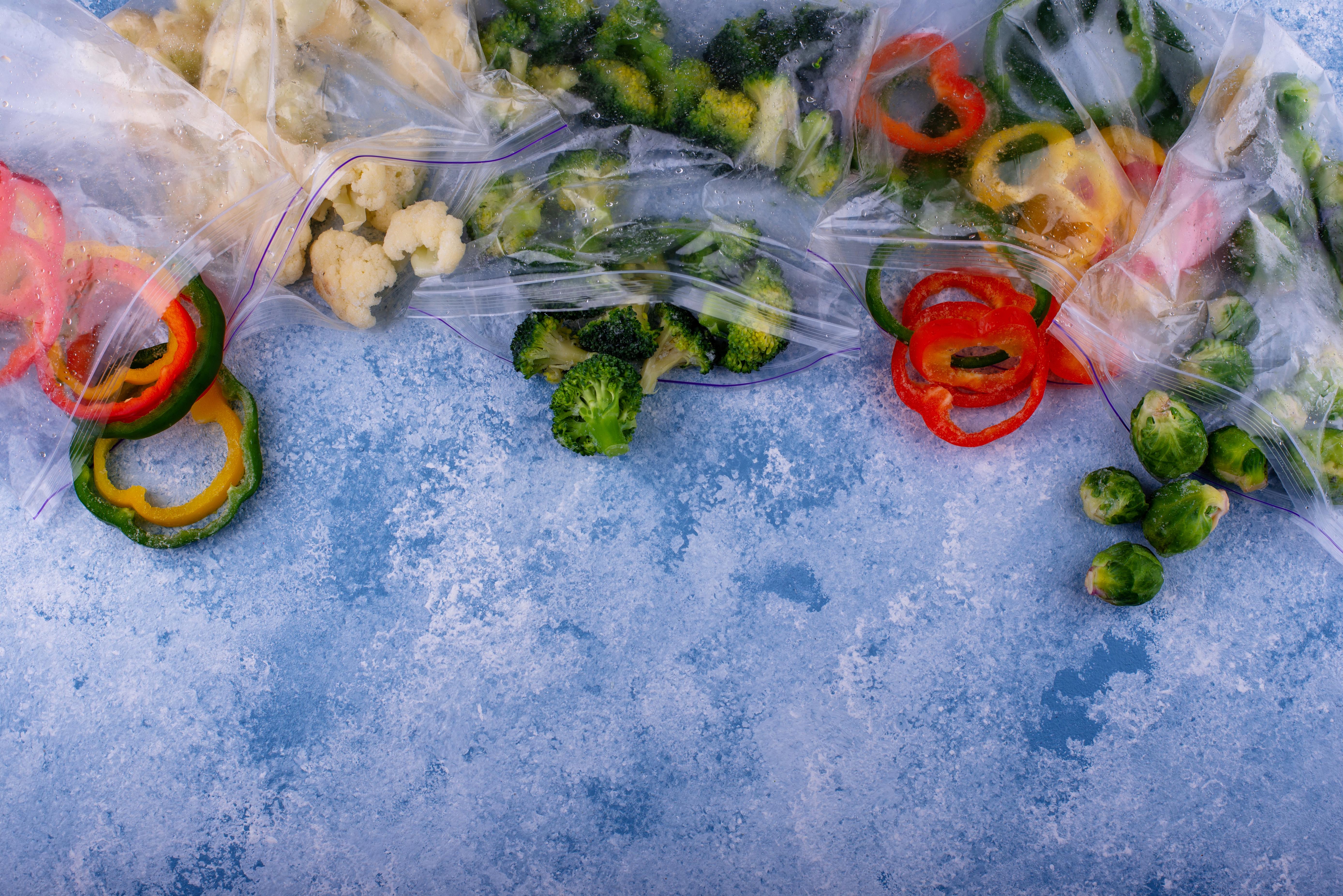10 Foods You Should NEVER Freeze (and 6 Surprising Ones You CAN!)
Freezing food is a time-honored method that has revolutionized the way we preserve and consume our meals. This process, which involves lowering the temperature of food to inhibit bacterial growth, allows us to enjoy seasonal produce year-round, reduce waste, and save time in meal preparation. However, not all foods are created equal when it comes to freezing. Some foods lose their texture, flavor, or nutritional value when frozen, while others surprisingly thrive in the cold environment. Understanding the nuances of what to freeze and what to avoid can transform your kitchen strategies, leading to more efficient and enjoyable cooking experiences. This guide will explore helpful kitchen strategies, from foods you should never freeze to those you surprisingly can, enhancing your culinary skills and knowledge.
1. The Science Behind Freezing: Why Some Foods Fare Better Than Others

At the heart of freezing is the transformation of water into ice. Foods with high water content are particularly susceptible to changes in texture and flavor when frozen. The expansion of water as it freezes can rupture cell walls, leading to mushy or unappetizing results once thawed. Conversely, some foods, especially those with lower water content or those that are already cooked, can withstand freezing with minimal quality loss. Understanding the science behind freezing helps in making informed decisions about what to store in your freezer. This knowledge not only preserves the integrity of your food but also enhances its flavor and nutritional value when consumed.
2. Foods You Should Never Freeze: Fresh Produce and Their Pitfalls

Fresh produce, particularly those with high water content like lettuce, cucumbers, and watermelon, should generally be avoided in the freezer. The ice crystals that form during freezing can damage the cell structure, resulting in a limp and soggy texture upon thawing. Additionally, the flavor and nutritional value of these foods can diminish significantly. Instead, these items are best consumed fresh or preserved through other methods such as pickling or canning. Understanding which fresh produce fares poorly in the freezer can save you from culinary disappointment and ensure that your meals retain their intended taste and texture.
